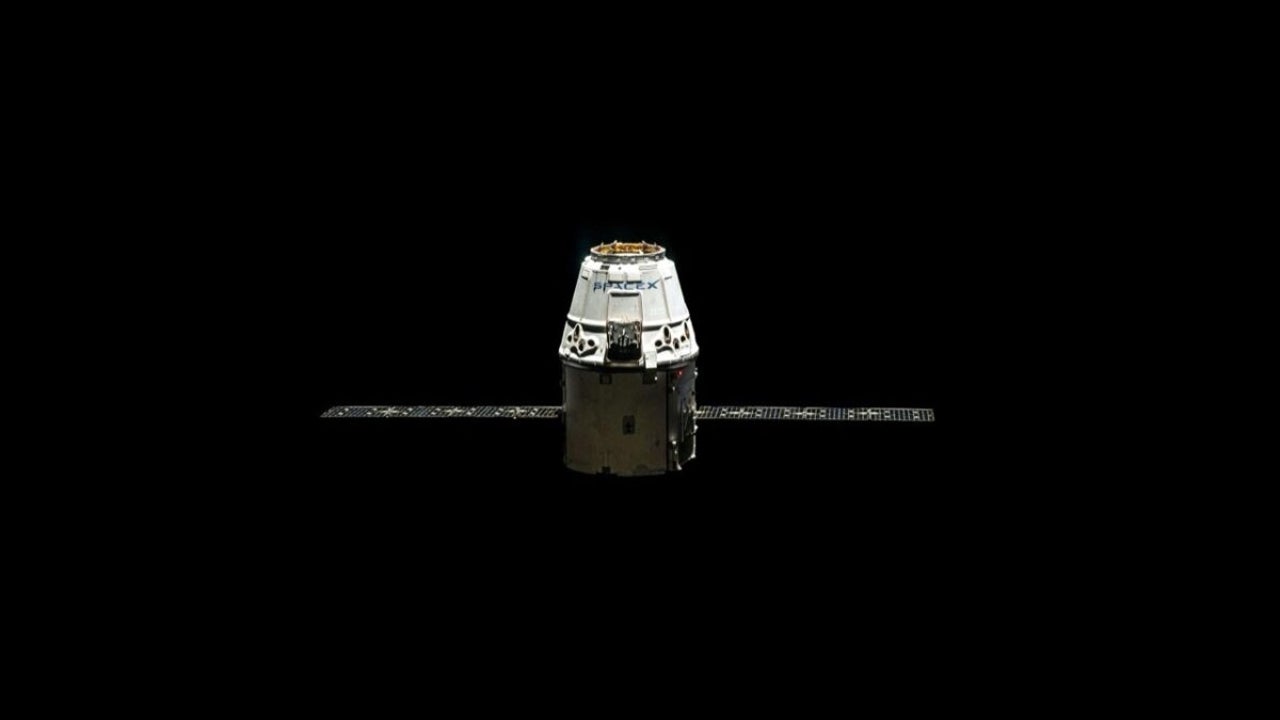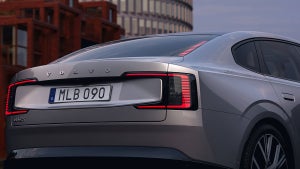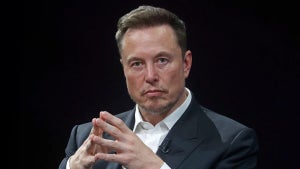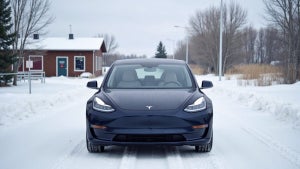News
Starlink has competition. Can Amazon cast a shadow?
Amazon has launched its first Kuiper satellites, entering the race to compete with Starlink, but rocket dependency and time constraints could hinder its progress.

- May 1, 2025
- Updated: May 1, 2025 at 8:25 AM

Amazon has officially entered the satellite internet race, launching the first 27 operational satellites of its Project Kuiper constellation aboard an Atlas V rocket. This move positions Amazon as the most financially capable competitor to SpaceX’s Starlink, even if it still lags behind in both deployment and rocket capability.
Amazon’s Kuiper constellation finally begins
Project Kuiper was announced in 2018, but delays in rocket availability stalled its progress. Unlike SpaceX, which builds and reuses its own rockets, Amazon relies on partners like ULA, Blue Origin, and ArianeGroup. While the recent launch marks a significant milestone, Amazon must deploy at least 1,618 satellites by mid-2026 to comply with FCC regulations—an ambitious target given current setbacks.
Rocket challenges and ambitious partnerships
Amazon has committed to the largest commercial rocket purchase in history, securing launches with multiple providers. However, its reliance on third-party rockets—some of which are yet to prove their reliability, like Blue Origin’s New Glenn—makes the timeline highly uncertain. In contrast, SpaceX’s reusable Falcon 9 has already deployed over 8,000 Starlink satellites with remarkable consistency.
Global competition rises
While Kuiper is the most serious challenger, other players are advancing. OneWeb focuses on B2B and government clients with 630 active satellites, while China’s SpaceSail and Guowang plan mega-constellations that may undercut prices by 30%. These projects highlight an escalating race not only in technology but also in affordability and scale.
Amazon’s entry into this space marks a turning point, but its ability to rival Starlink depends on execution speed and rocket reliability. The competition is no longer a two-horse race—it’s a global sprint for orbital dominance.
Latest from Agencias
You may also like

Facing Tariffs and Market Shifts, Volvo Aims to Become Fully Electric by 2026
Read more

Apple confirms: Trump tariffs to add $900 million to costs this quarter
Read more

The 5 best episodes of Love, Death & Robots to prepare for the fourth season
Read more

Elon Musk’s Strategy: $2,000 Loyalty Discount to Boost Tesla Sales
Read more

Tesla Increases Prices By Up To 22% Amid Canadian Boycott
Read more

Elon Musk Claims Tesla Cybertruck Can Function as a Boat, Skepticism Follows
Read more